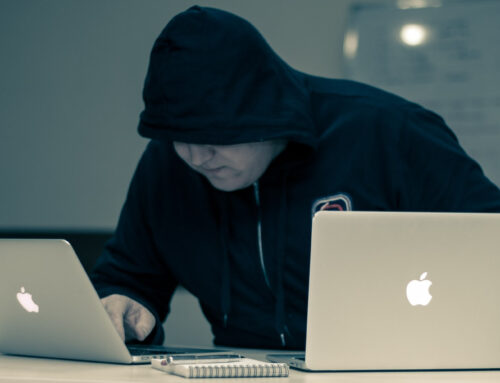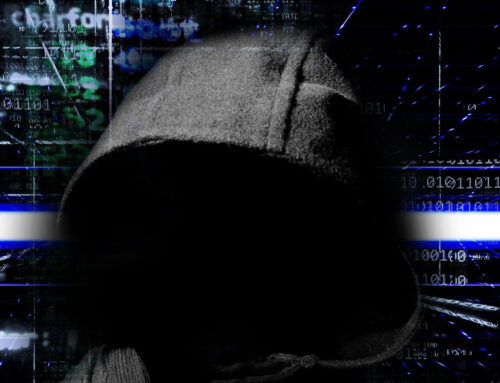Since 2003 the month of October has been recognized as National Cyber Security Awareness Month (NSCAM). This is a great time to step back from the daily grind and take some time to evaluate your security posture. This year is unique compared to previous years in the fact that we have added significant diversity in our workforce. Users, our biggest risk, are working remotely, outside of the normal security profile of our business controls and often on their personal devices. You need to be diligent and intentional in your efforts to enforce security reaching out to all aspects of your network access.
Education
Most companies today have educated their users on the basics of not clicking and opening attachments. With remote workers, we have seen an increase in neglect of this focus. Remember, when their remote system gets compromised and they connect to the business network that infection can spread. VPN is often configured as an open connection, allowing any and all traffic once a user is connected. This means that any infection can also spread over the VPN connection. We recommend revisiting or adding a user education process to ensure the proper actions are in the forefront of all users’ thought processes. Additionally, make employees aware that there are COVID-19 scams out there and they should stay aware.
Remote Security
Again pertaining especially to a remote workforce, we should be reviewing our security posture against business expectations and requirements. Are VPNs configured to properly scan traffic and allow connections to only the resources needed, ideally per user? Do we manage the remote security software for proper definitions, updates and configuration? Have we added physical separation to keep work resources on a different home network segment than their other systems that we don’t control? All these are pretty easy implementations, but are often missed in our rush to implement access and not considered in reviews.
Multi-factor Authentication (MFA)
The bad guys have doubled down on their efforts recently, knowing that remote users have become a weak point in security configurations. In my conversations with the FBI Cyber Crime teams, ransomware has increased somewhere between 75% and 150% in the last quarter and the compromises have been deeper and more complex. Users have let their guard down as they experience distractions at home and passwords are getting compromised. Enabling MFA at security points, such as VPN and email, protects systems and access from exploitation due to compromised passwords.
Update Acceptable Use Policies (AUP)
Even if you don’t make major changes, now might be a great time to revisit your computer use policies. As with any update, users are reminded to review the policies and this is a great reminder of your expectations on how technology should be used within your company.
At Olsen Consulting, we can assist with any and all of these aspects to help keep your systems secure and available.




